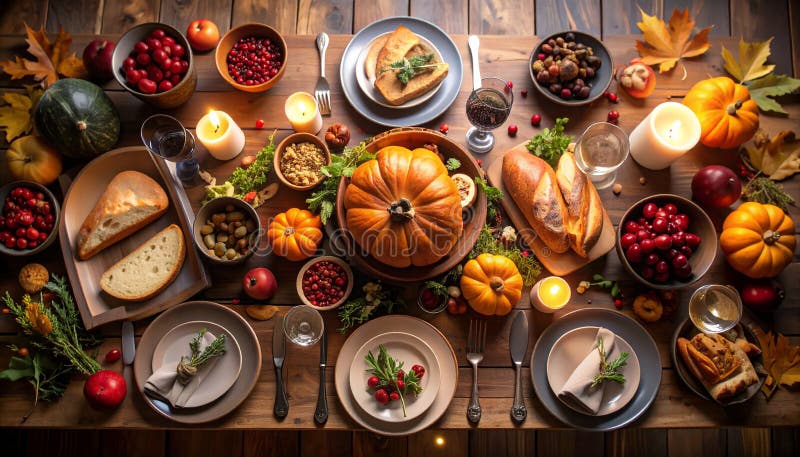
An Autumnal Equinox Centerpiece: Foraging a Cottagecore-Meets-Dark-Academia Celebration
As the days grow shorter and the air turns crisp, the autumnal equinox marks a time of balance, transition, and the turning of the seasons. It's a perfect moment to bring the beauty of the outdoors in, creating a centerpiece that celebrates nature's bounty and reflects a unique aesthetic. This year, we’re embracing a blend of cottagecore charm and dark academia sophistication by foraging natural materials to craft a stunning autumnal equinox centerpiece. Think overflowing textures, rich colors, and a touch of the whimsical, all grounded in the beauty of ethically sourced elements. Let's embark on this creative journey together, crafting a centerpiece that embodies the spirit of the season and elevates your home's ambiance.
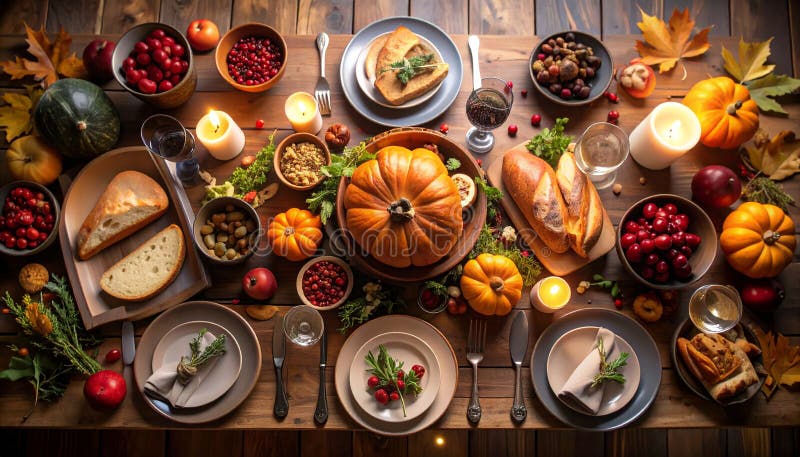
A finished autumnal equinox centerpiece in a vintage dough bowl, showcasing the cottagecore-meets-dark-academia aesthetic.
The Foraging Philosophy: Ethical and Sustainable Practices
Before we dive into the creation process, it’s essential to address the importance of ethical foraging. Sustainability is at the heart of homesteading, and that principle extends to how we gather materials from nature. Always prioritize responsible harvesting to ensure the well-being of the environment and its inhabitants.
- Bittersweet Vines: When foraging for bittersweet vines, be absolutely certain you are identifying the correct species. Invasive Oriental Bittersweet ( Celastrus orbiculatus) is a widespread problem in many areas, and removing it is environmentally beneficial. However, native American Bittersweet (Celastrus scandens) is less common and should be left undisturbed. Never harvest from protected areas, private property without permission, or areas where the plant is scarce. Only take what you need, leaving the majority to thrive.
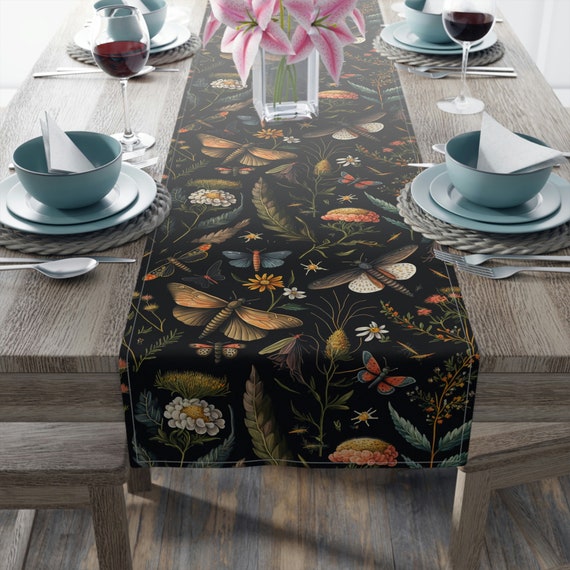
Foraged bittersweet vines, essential for the centerpiece's flowing lines and autumn color.
- Pheasant Feathers: The most ethical way to source pheasant feathers is to collect them during walks in nature preserves after molting season. Keep an eye out on well-traveled trails. Alternatively, connect with local farmers who raise pheasants. They may be willing to provide you with feathers from naturally molted birds. Never, under any circumstances, purchase or collect feathers from illegally hunted birds.
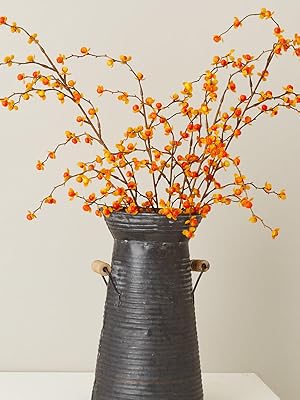
Ethically sourced pheasant feathers adding a touch of wild beauty to the centerpiece.
- Acorns: Gather acorns from the ground, selecting those with smooth, undamaged caps. Avoid taking acorns directly from the tree, as these are still developing and essential for the tree’s reproduction.
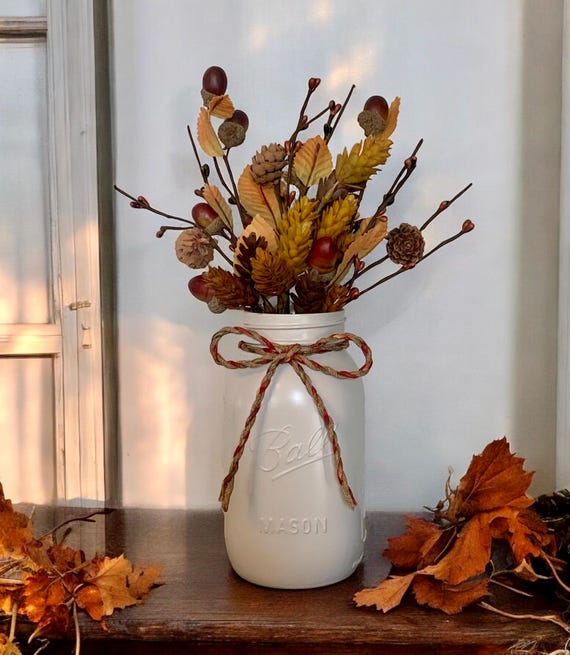
Acorns, symbols of potential and the cyclical nature of the seasons.
- Dried Hydrangea Blooms: If you don’t have hydrangeas in your garden, consider asking neighbors or friends who might have an abundance. Antique green hydrangeas offer a beautiful muted tone that complements the cottagecore-meets-dark-academia aesthetic perfectly.
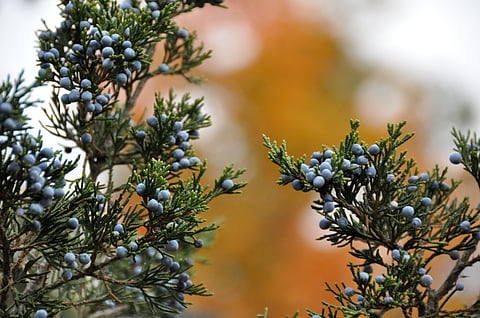
Dried hydrangea blooms adding elegance and texture to the centerpiece.
Preparing Your Foraged Treasures
Once you’ve responsibly gathered your materials, it’s time to prepare them for your centerpiece.
Bittersweet Vines: To dry bittersweet vines, gently remove any leaves. Shape the vines into desired curves or coils and secure them with twine if needed. Hang them in a cool, dry place for several weeks until they are completely dried. This will preserve their color and flexibility.
Pheasant Feathers: Clean pheasant feathers by gently wiping them with a damp cloth. For stubborn dirt, you can use a mild soap solution, but be sure to rinse thoroughly and allow them to air dry completely.
Acorns: To prevent insect infestations and enhance their sheen, bake the acorns at a low temperature (200°F) for 1 hour. Allow them to cool completely before using them in your arrangement.
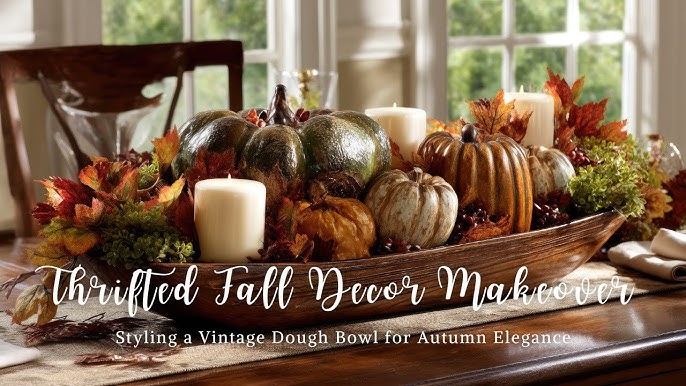
Baking acorns not only prevents infestations but also enhances their natural beauty.
- Dried Hydrangea Blooms: To air-dry hydrangeas, cut the stems at an angle and remove any leaves below the flower head. Place the stems in a vase with a small amount of water. As the water evaporates, the hydrangeas will gradually dry, maintaining their color and shape.
Crafting the Cottagecore-Meets-Dark-Academia Centerpiece
Now, let's bring everything together to create our autumnal equinox centerpiece.
- The Foundation: Start with a vintage wooden dough bowl (approximately 24-30 inches in diameter). The aged wood provides a warm and rustic base for your arrangement. Place a natural linen tablecloth with a slightly rumpled texture underneath the dough bowl to enhance the rustic aesthetic.
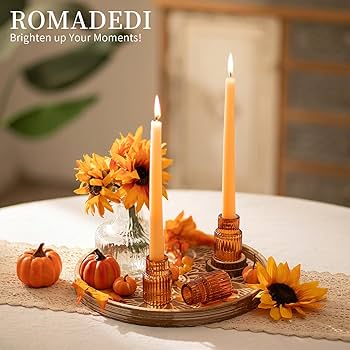
The vintage dough bowl – the perfect rustic foundation for our centerpiece.
The Vines: Arrange the dried bittersweet vines, allowing them to spill artfully over the edges of the dough bowl. Create a sense of movement and flow, mimicking the wildness of nature.
The Feathers: Group the pheasant feathers in clusters of three, varying their height and angle. Nestle them amongst the bittersweet vines, adding a touch of elegance and visual interest.
The Acorns: Distribute the acorns throughout the arrangement, paying attention to creating a circular pattern to symbolize the cyclical nature of the seasons. Allow a few acorns to spill onto the table, adding to the natural, unfussy aesthetic.
The Blooms: Place the dried antique green hydrangea blooms in the center of the dough bowl, creating a focal point. Their muted tones and delicate textures will anchor the arrangement and draw the eye.
The Finishing Touches: Incorporate velvet ribbons (burgundy or forest green) around the base of the dough bowl, adding a touch of luxury and sophistication. Place aged brass candlesticks asymmetrically around the base, providing warmth and ambiance.
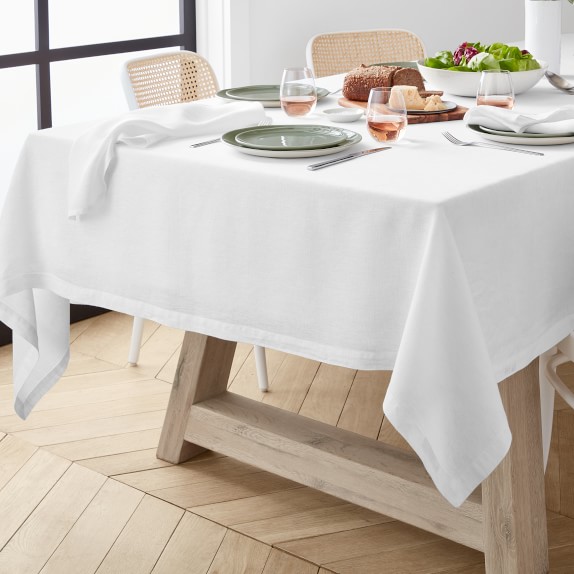
The centerpiece taking shape, with the hydrangeas, vines, feathers, and acorns carefully arranged.
Setting the Scene for the Equinox
Complete your autumnal equinox celebration by creating a table setting that complements your centerpiece. Use antique brass cutlery and earthenware plates to enhance the rustic aesthetic.
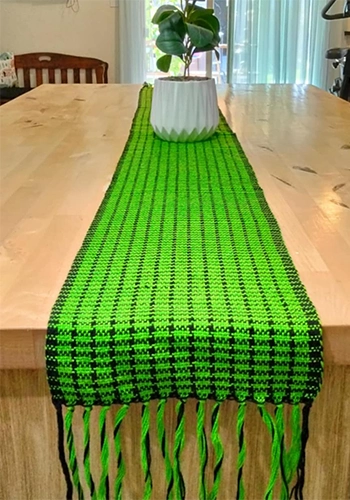
A complete table setting evoking a sense of quiet contemplation and the changing seasons.
Create soft, diffused lighting using beeswax candles or fairy lights to evoke a sense of quiet contemplation and the changing seasons. The warm glow will enhance the rich colors and textures of your centerpiece, creating a cozy and inviting atmosphere.
Embracing the Season with Intention
Creating an autumnal equinox centerpiece is more than just a decorative project; it's an opportunity to connect with nature, celebrate the changing seasons, and infuse your home with intention. By foraging responsibly, embracing sustainable practices, and incorporating elements that reflect your personal style, you can create a space that is both beautiful and meaningful.
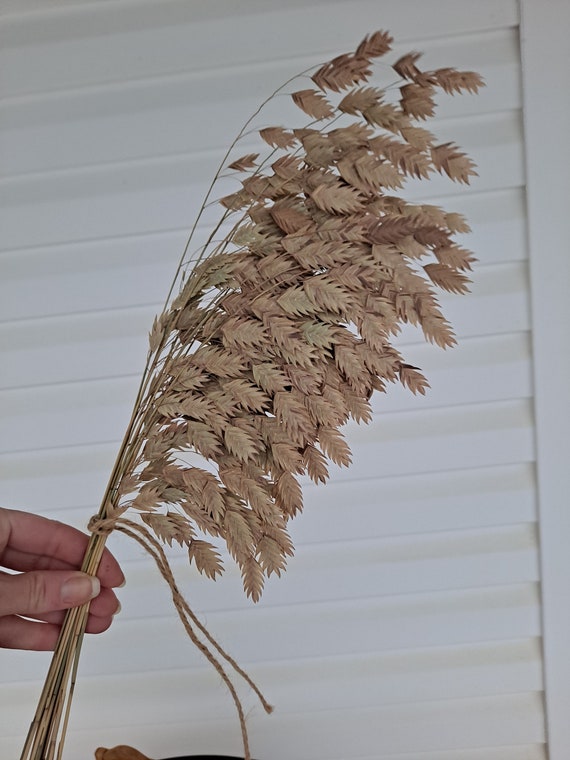
The finished autumnal equinox centerpiece, a beautiful and sustainable celebration of the season.
As you gather around the table, surrounded by the beauty of your foraged creation, take a moment to appreciate the abundance of the natural world and the simple joys of homesteading. Happy Autumnal Equinox!